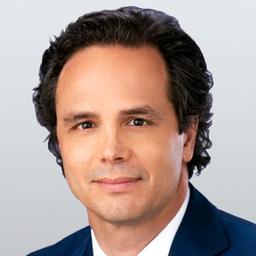Commentary
As the nation prepares to reopen, the response to the COVID-19 crisis has taught us many lessons, not the least of which is that politicians and judges are willing to run roughshod over the Constitution if it suits their purposes.


As the nation prepares to reopen, the response to the COVID-19 crisis has taught us many lessons, not the least of which is that politicians and judges are willing to run roughshod over the Constitution if it suits their purposes.